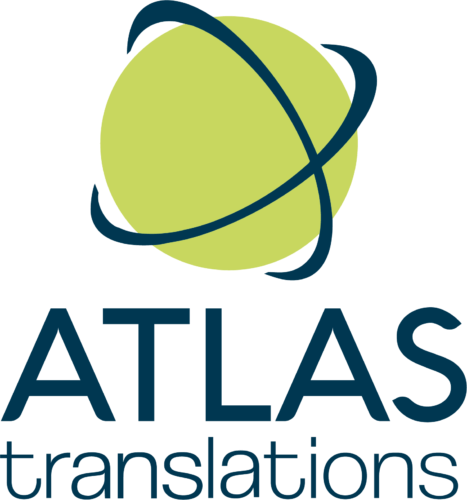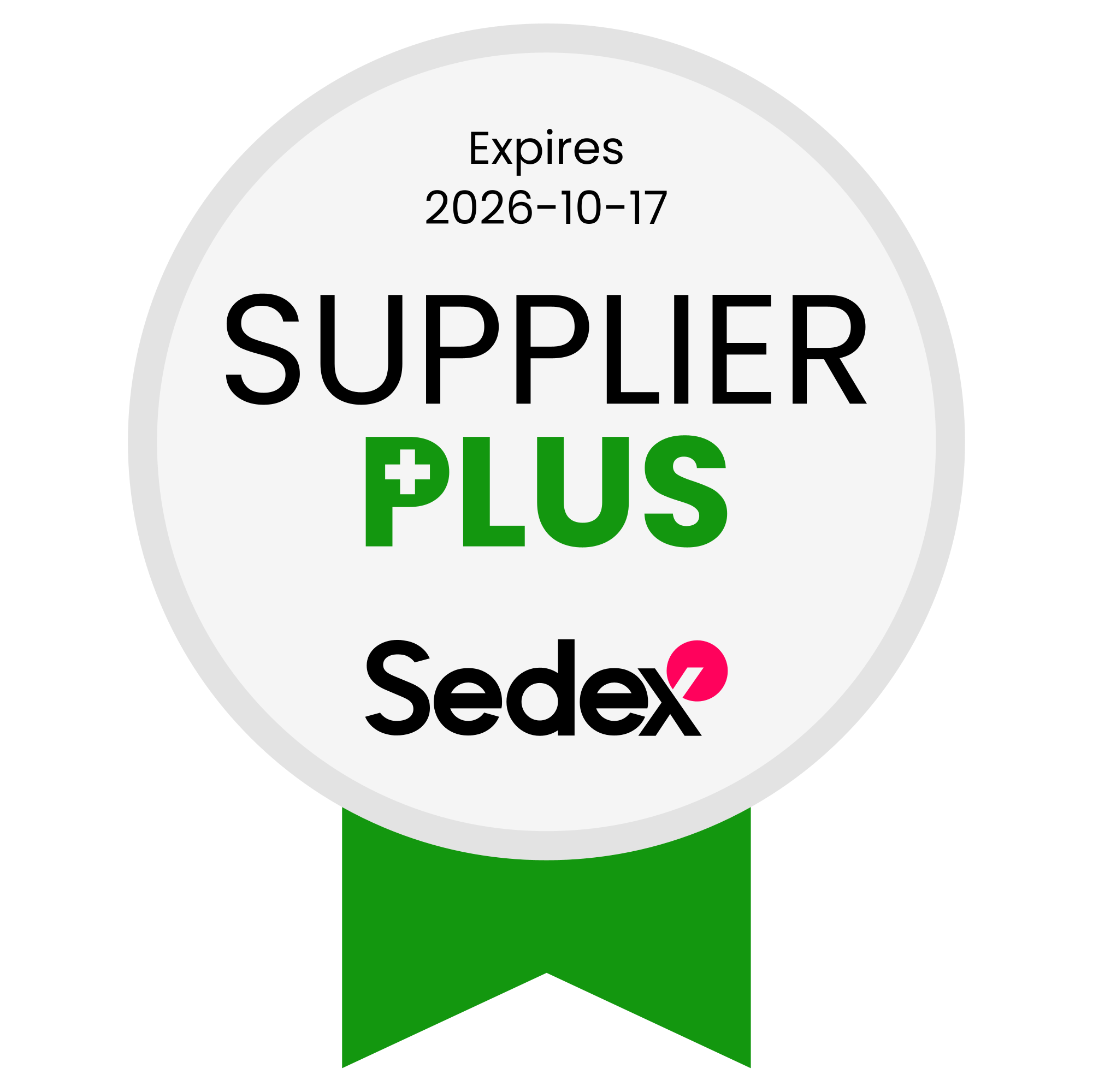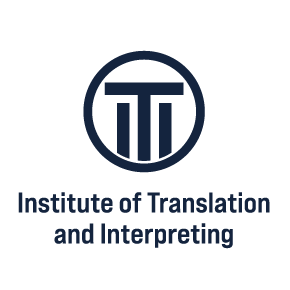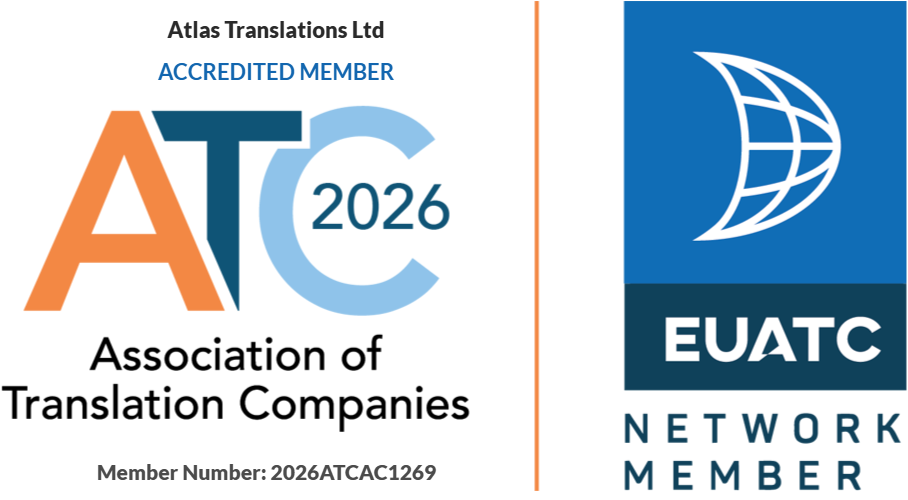Modern Localisation Solutions: Research to Market in Pharmaceutical Success
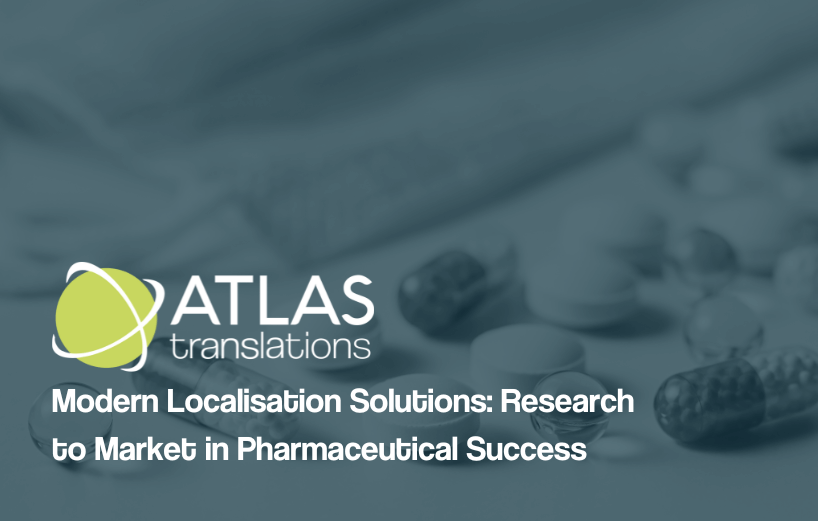
In the highly regulated pharmaceutical world, successful global expansion demands precise, localised, and culturally accurate communication at every stage of development. From initial research findings to post-market safety documents, it’s possible to find a localisation expert bashing their head against the keyboard. At the same time, they also know that pharmaceutical companies face unique localisation challenges that can make or break their international success.
Poor translations have led to millions of dollars or pounds in lawsuits, delayed approvals, and compromised patient safety. Modern translation agencies are revolutionising how pharmaceutical companies navigate these complexities, providing specialised solutions across the entire product lifecycle.
What can we help with today? Call us on +44 (0)1727 812 725 or email us at team@atlas-translations.co.uk – we’re only a call, chat, or email away, and we’re always eager to help!
In this blog post, we’ve been very lovely (😍) and have broken down the product lifecycle into four stages: Research & Discovery, Clinical Trials, Regulatory Submissions, and Post-Market Activities.
Stage 1: Research & Discovery
The pharmaceutical research phase generates vast amounts of multilingual content that must be processed quickly and accurately. Modern translation agencies leverage advanced neural machine translation engines, combined with subject-matter expert review, to accelerate access to global research findings. This hybrid approach enables pharmaceutical companies to process certain documents at speed:
- Medical literature
- Competitive intelligence
- International patent analysis
- Real-time research collaboration
Accelerated Research Intelligence
During the COVID-19 pandemic, this capability proved invaluable as research institutions worldwide needed to rapidly share findings. Translation agencies facilitated real-time access to multilingual research updates on vaccine development and treatment protocols.
To illustrate the potential benefits, a biotech company might reduce its time spent processing competitive intelligence from weeks to days by implementing streamlined translation workflows for analysing international patent filings.

Stage 2: Clinical Trials
Clinical trials present complex localisation challenges where patient safety depends on crystal-clear communication across multiple languages and cultures. Modern translation agencies address these through specialised clinical trial management systems that integrate seamlessly with existing workflows.
Patient-Centric Localisation
Patient-facing materials require particularly specialised, nuanced localisation. Documents (including those listed below) must be both linguistically accurate and culturally appropriate:
- Informed consent forms
- Patient information leaflets
- Electronic clinical outcome assessments (eCOAs)
For instance, medical forms prompting participants to voice discomfort may require softer language in cultures where patients are reluctant to communicate issues directly, whilst other contexts demand more direct communication.
Multinational Trial Coordination
Real-time communication between multinational trial sites has been revolutionised through advanced translation platforms. These systems enable instant translation of protocol amendments and safety updates whilst maintaining audit trails for regulatory compliance.
As a hypothetical example, a global pharmaceutical company implementing such systems across multiple countries could reduce protocol deviation rates by improving multilingual communication.
Stage 3: Regulatory Submission
Regulatory submissions represent the most time-sensitive phase of pharmaceutical localisation. New drug applications and marketing authorisation applications often require translating thousands of pages under tight deadlines. Advanced translation agencies have developed specialised workflows that reduce submission preparation time from months to weeks.
Streamlined Approval Processes
To illustrate potential benefits, consider a hypothetical European pharmaceutical company needing to submit a new drug application to the China National Medical Products Administration. The application required accurate translation of lengthy clinical reports and safety data.
Through machine translation with expert human review, such translations could potentially be completed within weeks rather than months, allowing faster regulatory approval and earlier market entry.
Regulatory Quality Assurance
Quality assurance in regulatory translation employs Multidimensional Quality Metrics and regulatory-specific review processes that verify compliance with local authority requirements. This includes making sure of proper terminology use, compliance with format requirements, and adherence to country-specific guidelines. All factors that can make the difference between approval and a costly resubmission.
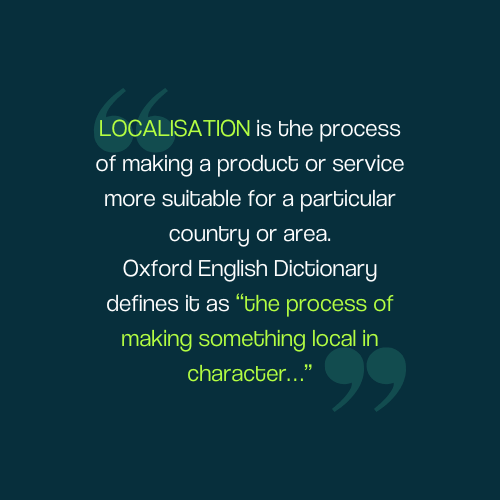
Stage 4: Post-Market Activities
Once a medicinal product reaches the market, localisation continues with ongoing safety surveillance, marketing authorisation renewals, and product variations. This stage offers unique opportunities for cost optimisation through the use of previously developed language assets. Translation memories and approved terminologies accumulated during pre-market development can significantly reduce both costs and turnaround times.
Leveraging Language Assets
Post-market clinical studies can make use of existing linguistic resources to maintain consistency with original trial documents. As a hypothetical example, pharmaceutical companies could potentially achieve significant cost savings in post-market study translations by utilising their comprehensive language repository developed during earlier phases. This approach enables consistent messaging from development through commercialisation whilst reducing the risk of conflicting terminology.
Safety Surveillance Documentation
Pharmacovigilance documents, including adverse event reports and periodic safety updates, require a rapid turnaround whilst maintaining absolute accuracy. Modern translation agencies provide dedicated safety translation services with 24/7 availability, making sure that critical safety information reaches global regulatory authorities within required timeframes, often processing urgent communications within hours rather than days.
It’s a Wrap!
The pharmaceutical industry’s increasing globalisation demands more than traditional translation services; it requires strategic localisation partnerships that understand the complete drug development lifecycle. By implementing lifecycle-integrated translation strategies from the research phase onwards, pharmaceutical companies can achieve faster time-to-market, reduced regulatory risks, and significant cost efficiencies.
The key to success lies in choosing translation partners who combine deep pharmaceutical expertise with cutting-edge technology and regulatory knowledge. Companies that invest in these strategic partnerships position themselves to navigate global markets more effectively, making sure that life-saving treatments reach patients worldwide with the speed, safety, and precision they deserve.
We’d love to hear from you!
You can call us on +44 (0)1727 812 725 or email team@atlas-translations.co.uk. We respond quickly to all enquiries and are always happy to chat about your needs.
If you’d like to visit us in person to learn more about our services or to drop off documents, just give us a call or email us to arrange a time.
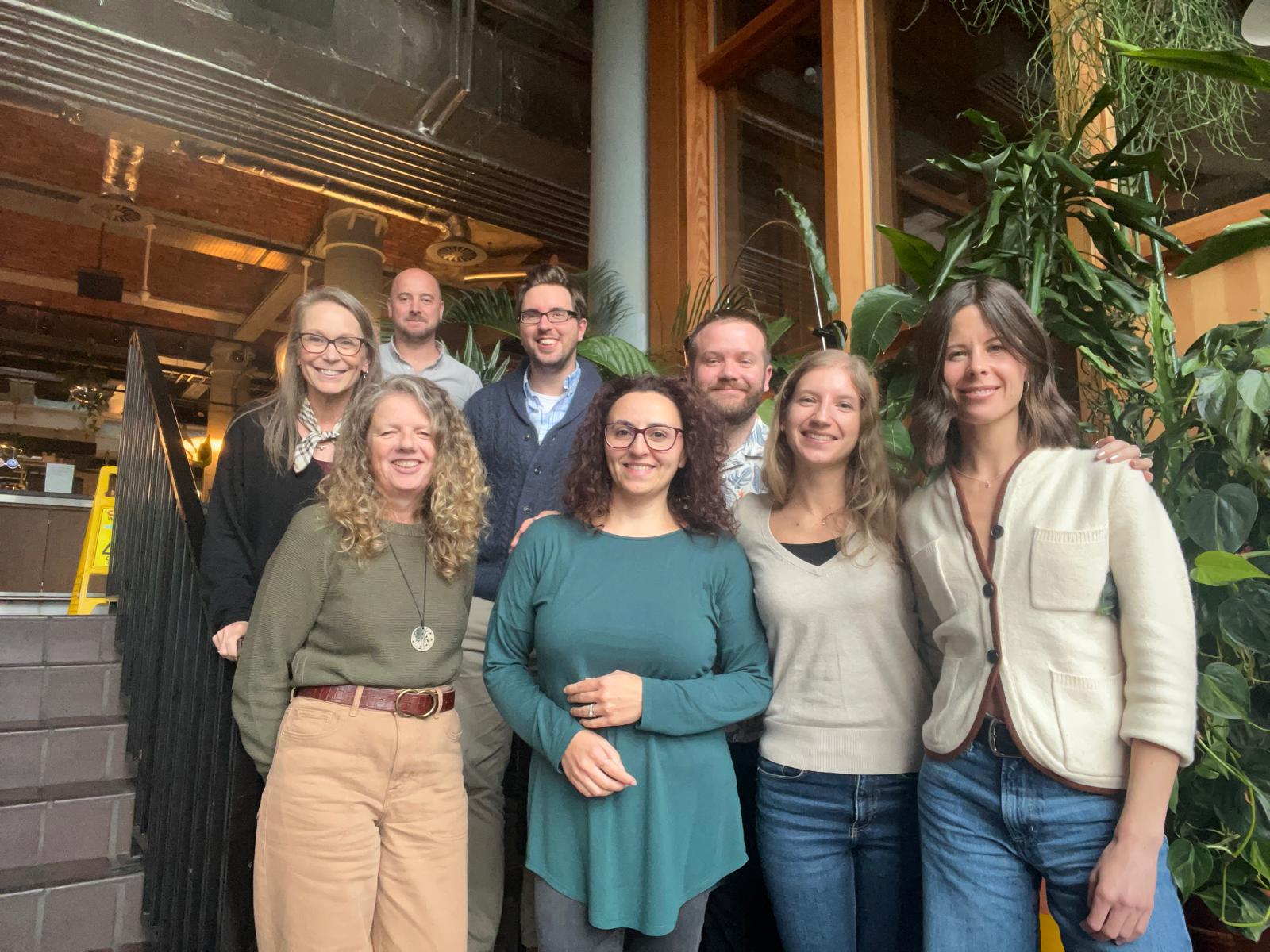
The A-Team (back row: Anna, Jim, Alex, and Rhys; front row: Clare, Steffi, Joanna, and Amy)
During UK working hours, you can also use our Live Chat option (in the bottom-right corner of the screen). You’ll always be connected with a real person, not a bot!
And if you need a fast estimate, our Get a Quote button at the top of the website makes it easy.
Can I Trust Atlas Translations?
Atlas Translations is certified to ISO 9001:2015 (Quality Management) and ISO 17100:2017 (Translation Services) standards. For confidential projects, we’re happy to sign a non-disclosure agreement (NDA).
We’ve been registered with the Information Commissioner’s Office (ICO) for over 20 years, reflecting our long-standing commitment to privacy and data protection.
We’re proud to provide fast, friendly, high-quality services—but don’t just take our word for it. Check out our client testimonials and TrustPilot reviews.
Global Voice, Local Touch
If you’re looking for some top tips for partnering with Atlas Translations, we have some top tips to share! We answer 25 of our clients’ most frequently asked questions, ranging from typesetting queries to discussing reference materials.
Click to download Global Voice, Local Touch
